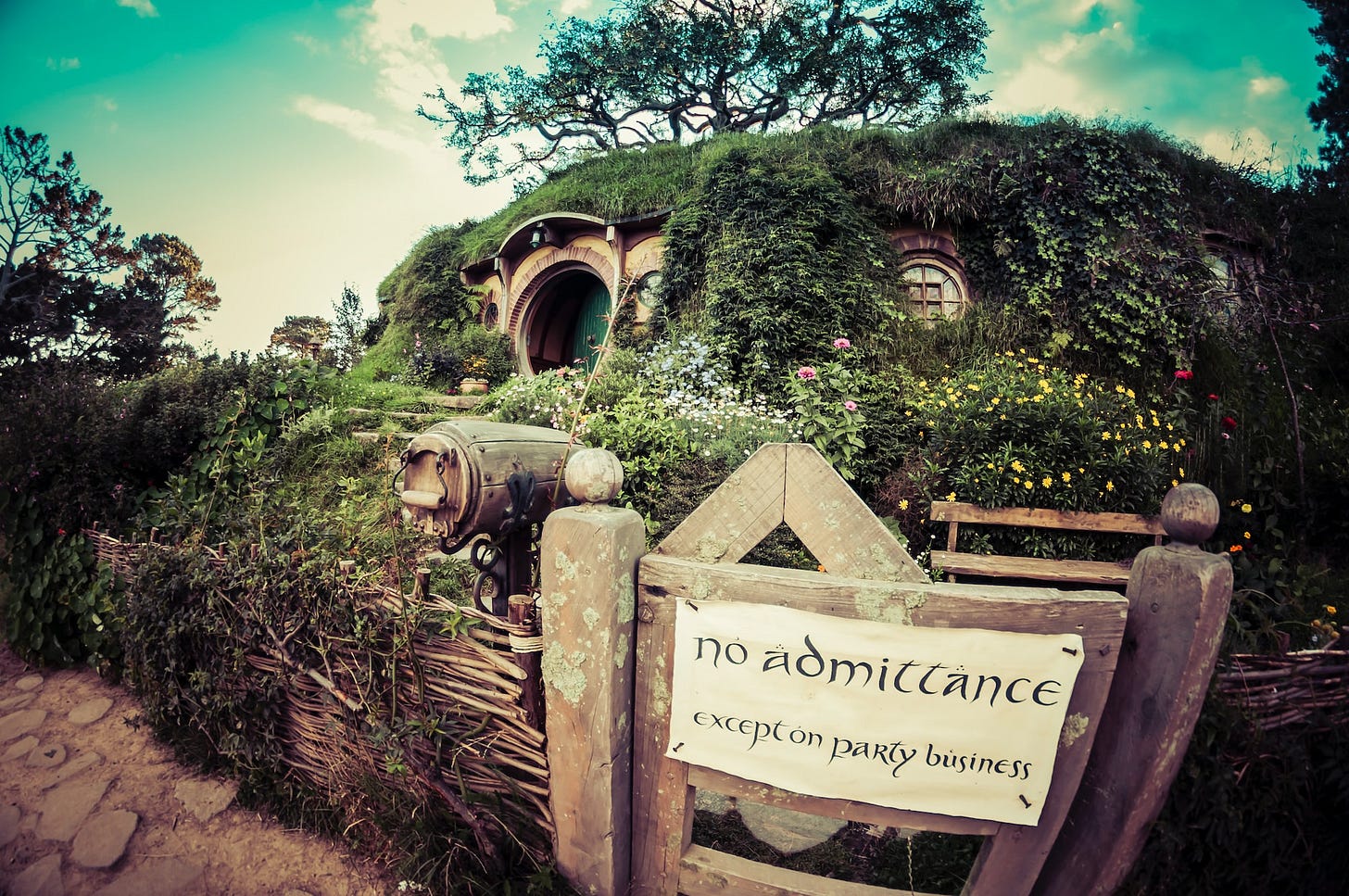The Allure of Fundamentalism: Whatever Happened to Fun?
By Brandon Brown
Fundamentalism is a term most often connected to religion; especially Christianity in the United States. There are academic and popular definitions of fundamentalism which all point to the idea that fundamentalists have a certitude that their interpretation of sacred texts is the only correct way to read those texts. As with any certitude, fundamentalists are often at odds with one another over their "clear readings" of the text. Certitude within fundamentalism is an alluring idea. How much easier is life when we don't have to face uncertainty or allow questions for things like belief and faith?
As a product of twentieth century America, fundamentalism had what it considered noble goals; defending the Christian faith against true liberalism. But it expanded and began opposing any critical look at faith, Christianity, and theological choices. Fundamentalism eventually sought the power of this world to rid itself of those who would question certitude. Christian fundamentalism of the twentieth century is partially responsible for the polarization of American society in the twenty-first century. Like our Puritan roots, the security of certitude wove its way into other parts of life. Politics, entertainment, and other subjects all fall victim to the lure of fundamentalism. Even our atheists can get fundamentalist in their rejection of deity.
Popular entertainment gets embroiled in fundamentalist arguments by fans of fictional universes. Visit any online group for Star Wars, Star Trek, Dungeons and Dragons, Harry Potter, Tolkien, or other popular fiction and you will find arguments over canon, authorial intent, and purity of continuity in these fictional worlds. Because of the power of beautiful and powerful storytelling, we think we own the entirety of the experience of that story. When we think we own, then it becomes easy to claim that any deviation from our experience of the story is anathema, heresy, or worse. In fact, fan bases have threatened those responsible for adaptations of their beloved fiction. Because of backlash and online attacks, Netflix canceled the expensive and decent Cowboy Bebop live action series after a single season. It was not pure enough for longtime fans.
A recent example of this phenomenon of fundamentalism is the Amazon series The Lord of the Rings: The Rings of Power. This series deals with the world building stories of J. R. R. Tolkien which contain the cosmology, history, and mythos of the world of The Hobbit and The Lord of the Rings. The show runners have rights to the appendix of The Lord of the Rings which contains some of the source material found in Tolkien's The Silmarillion and the wider material that Tolkien developed. But it is a subset of the wealth of original material which causes the stories to need addition and compression. This is the case with many adaptations. Many ardent fans of Tolkien have complained or refused to watch the Rings of Power because they see it as too divergent. It is an enjoyable series for the casual fan. Like fundamentalism in religion, though, the online noise is loud. What has helped me to understand the greater world of Tolkien is a recent online class and series of podcasts from Homebrewed Theology in which Tripp Fuller assembled an all-star group of Tolkien scholars and others who have a wealth of knowledge and have shared the wider cosmology and stories. I enjoyed this so much that I have finally started the Silmarillion, which seemed daunting before.
I have especially enjoyed Nick Polk's insight into the world of Tolkien, including ways he shows how some criticisms of Rings of Power are baseless. Of course the source material is rich and wondrous and Nick has woven that into the storytelling of the streaming series such that it has become even more enjoyable to me. I have included a link to Nick’s LinkTree below if you want to go deeper. What struck me is that Nick holds a wealth of knowledge of Tolkien lore, yet he enjoyed the series even in its divergence.
The context here is that fundamentalism drains the joy and beauty from stories. When we think we are the gatekeepers of stories, we risk losing the power of those stories in our lives. Worse than that, we risk the stories dying with no one hearing their beauty. The applies to the Christian experience because there is always a temptation to lean into fundamentalism and its certitude to hold power and stay comfortable.



